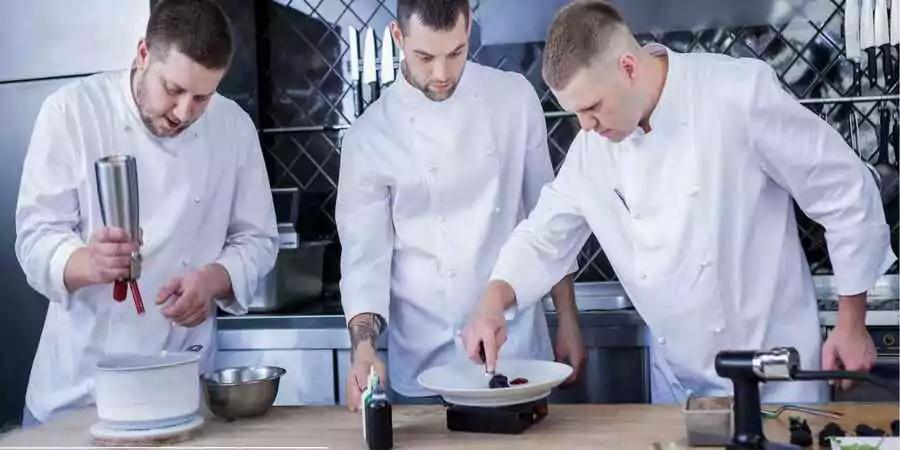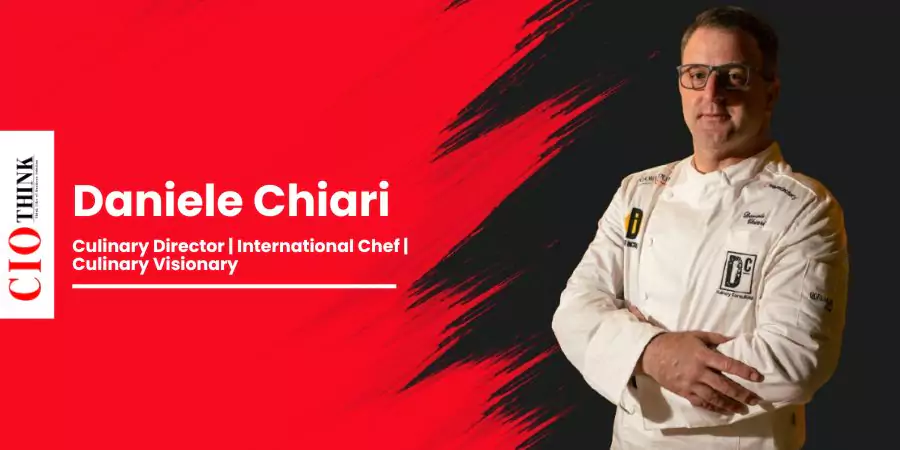Future of Gastronomy is coming ahead of our palates. What’s the future haute to street food look like is shaped by fearless innovation, values towards the environment, and reimagining what it means to eat. With a fast-forward era of transformation, the Future of Gastronomy will tantalize our senses, take care of our earth, and flip everything we ever thought we knew about eating on its head.
- Taste Memory in the Future of Gastronomy
The Future of Gastronomy isn’t table decoration—it’s an appeal to authenticity. It’s heritage grains and veggies grown on a home plot and ancient techniques taken to the relevance of a modern kitchen today. Chefs are going back centuries and putting new panache upon it and trying out under-represented flavors around the world.
These are the basics that will see menus showcase sorghum, millet, and amaranth alongside quinoa; or fermented flavors once the realm of tiny villages being the stars on Michelin-drawer plates. These habits remind us that visionary food is oftentimes the oldest, waiting to be retubed.
- Sustainability as the heartbeat of the Future of Gastronomy
At the center of this is the Future of Gastronomy being sustainability. Climate and environmental demands have raised the bar for cultivation and consumption. Farmers as well as chefs are jumping on the bandwagon of regenerative agriculture, aquaponics, and vertical farming to fill the gap.
Restaurants are trying out zero-waste systems—peel from citrus fruits being used to make vinegars, vegetable root skin crisps, or bones from leftovers used to make broths. Consumers are doing the same, asking for seasonal menus that shift according to the land rather than static dishes. It’s not only a matter of taste, but of responsibility.
- Technology Meets Taste: Tech’s Role in the Future of Gastronomy
Digital evolution is revolutionizing food as deeply as fire did. The Future of Gastronomy presents us with intelligent kitchens where there are machines with artificial intelligence that regulate temperature, meal planning software that customize meals according to biometric information, and robots in big kitchens.
Outside the kitchen, technology is even creating new food itself. Lab-meat, precision-fermented milk and dairy, and algae proteins are no longer fiction but reality already on our plates. These technologies can allow us to leave a smaller footprint on Earth while offering further windows of opportunity for texture and flavor.
- Experiential Dining in the Future of Gastronomy
It’s no longer to consume—consumption is now narrating. Restaurants are becoming theater in which food is served by smoke, light, and sound. Chefs craft menus from musical beginnings with some meals being served with particular songs. Others choose multisensory eating where light and scent follow the way we taste.
The Future of Gastronomy adopts this experiential philosophy in order to connect consumers on an emotional level with food. No longer is dining merely sustenance—but an experience, a cocktail party topic, a sharing of heritage.
- Global Fusion, Local Focus: Flavors in the Future of Gastronomy
The culinary universe is more international than ever before. Dishes once in the grip of a region now occupy plates across the world. But the Future of Gastronomy resists that globalization with local passion.
Consider kimchi tacos, Indian pizzas, or Peruvian sushi—dishes conceived in crosscultural encounter. Along with these subversive offspring, though, is no-less-equally dominant trend: honoring hyper-local identity. From north European rural foraged mushrooms to Indian coastal flora, the future opens the soil under our feet and invites the world to come dine with us.
- Community & Health: Values Propelling the Future of Gastronomy
It was the pandemic that taught us resilience and togetherness, and it is those same lessons that are now being articulated through food culture. The Future of Gastronomy is built on healthy cooking without sacrificing comfort. Cauliflower gnocchi, kombucha cocktails, or date-sweetened desserts instead of sugar come to mind.
Meanwhile, food is becoming a source of community. Pop-up kitchens empower low-income workers, urban gardens instruct city youth to grow food, and communal meals fundraise for causes within the community. Food is sustenance for the body and a sense of belonging.
- Education & Accessibility in the Future of Gastronomy
Another most important trend in the culinary world is knowledge democratization. The Future of Gastronomy guarantees learning for all about food. Social media welcomes live cooking, chefs share their recipes through online masterclasses, and food scientists develop podcasts reducing fermentation or spice mixing down into pieces anyone can access.
This new age is breaking the barriers between the amateur home cooks and the professional chefs. The kitchen, which is no longer a secret, is an open school to the world.
- Equity and Inclusivity—A New Flavor in the Future of Gastronomy
Diversity is not a buzzword anymore—it’s a requirement. The Future of Gastronomy respects the value of bringing voice to those cuisines and populations once closed off to mass-market restaurants. Native, immigrant, and minority cooks are finally having their moment in the sun, revising menus in authenticity.
Inclusive gastronomy is not only benevolent to diversity of taste but justice of opportunity—equitable compensation for workers in the kitchen, improved working conditions, and opportunities that bring into the spotlight otherwise voiceless culinary masters.
- The Future of Gastronomy at Home
It’s not restaurants alone that are evolving—the home kitchen is a laboratory. Now, meal kits deliver gourmet-level ingredients and recipe guidance from internationally renowned chefs straight to the doorstep. Smart appliances track baking times or recommend healthier options in real time.
With kits such as fermentation jars, sourdough culture kits, and hydroponic countertop kits, home cooks can now play around with flavors previously the exclusive domain of upscale restaurants. The Future of Gastronomy is as much the domain of Tuesday night’s dinner plate as it is that of five-star restaurants.
- A Philosophy of Eating: The Emotional Dimension of the Future of Gastronomy
Food is identity, memory, and art. Past taste or look, the Future of Gastronomy sees the emotional value of a meal. Comfort foods such as a grandmas’ stew or street food snack carry cultural heritage as prominently present as haute cuisine.
The dining culture of the future will value equally such emotional connections. Under the guise of family habits, story menus, or cross-cultural celebrations, the dining future reminds us that food is never simply fuel—but identity, heritage, and ecstasy.
Conclusion
The Future of Gastronomy is a beautiful mosaic where flavor, creativity, sustainability, and humanity come together. Between the technological progress of foods grown in vitro and the easiness of local foods, the future will be innovative and sustainable, courageous and human.
As chefs reimagine the culinary heritage of the next generation, and health, justice, and imagination inform every bite, our food culture changes. It is a place where every bite has a story to tell—of place, purpose, and possibility. One thing is for sure: the table before us will never disappoint, and the hunger for innovation will never cease.






